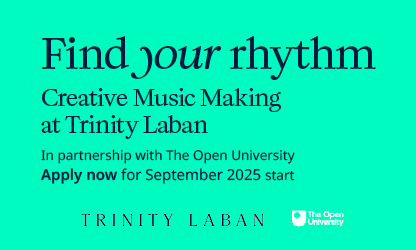Credit where credit is due
Quietly, working in the background, there are services of enormous importance to leisure-time music groups: the organisations supplying sheet music. That includes music shops and music publishers, but also those unsung heroes, music libraries.
This usually refers to batches of sheet music held in public libraries and hired to music groups at a cost they can better afford than buying or hiring at commercial rates.
It is not an easy service to provide, or a light touch one: music is complicated – from how you spell composers’ names, to the various editions to navigate, to the musical knowledge needed to understand that the music for a symphony is useless if the bassoon part is missing, to the person making Inter Library Loan requests knowing exactly where in England they might locate another 49 copies of Rutter’s Gaelic Blessing.
For example, three of England’s music libraries between them annually lend to 1,620 groups and issue 57,000 items, providing sheet music reaching around 285,000 audience members.
But it is a service with significant impact: every registered music library user represents a music group with an average 57 participants, promoting an average 3.5 concerts a year to average audiences of 175. So one set of material, one transaction, could reach as many as 660 people – a lot more than a single library book!
For example, three of England’s music libraries between them annually lend to 1,620 groups and issue 57,000 items, providing sheet music reaching around 285,000 audience members. That’s just three of them; there are at least another 10 of significant size across England.
So today I want you to celebrate music libraries.
In recent years, some of them have been having a hard time, what with local authorities’ financial pressures, so it’s time we gave them a shout out: how else will your council know how crucial the counting of violin parts and guidance on different Messiah editions is to you?
Here's some ideas of what you could do: highlight the music library in your concert programme, give them a free ad, name check them on your website, talk about them on your social media. And perhaps most importantly, tell your councillors.
It’s the best advocacy you can do: invite them to your concerts, go and see them, write to them, tag them on social media. Tell them how your local authority helps your group: repairs the roof on the community hall, offers an affordable rate for charities at the civic venue, keeps the music library going, reduces red tape to hire the bandstand.
Better to talk to them about what you appreciate than having to campaign when those things come under threat because the council does not understand what they mean to your group.
So practise those fanfares and let’s hear it for… music libraries!
#MusicLibraries
Barbara Eifler
Chief Executive, Making Music
If you're in need of accessible and affordable sheet music, visit the NewSPAL website, browse through its extensive collection and order materials for your next performance.



